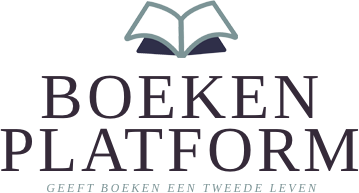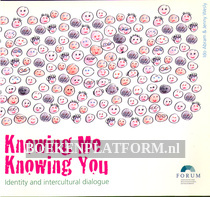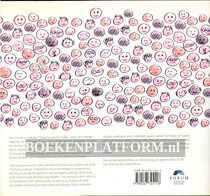Knowing Me, Knowing You
Productkenmerken
Auteur: Abram, Ido - Wesly Jenny, Uitgever: Forum, 79 pagina's, Paperback, Engels, ISBN: 9789067345118 (ISBN10: 9067345113), Gepubliceerd in 2006.
Productbeschrijving
Identity and Intercultural Dialoque
Mogelijk worden er andere exemplaren aangeboden.
Zoeken naar andere exemplaren
Rubrieken
"Knowing Me, Knowing You" is opgenomen in de volgende (sub-)rubrieken:
Knowing me knowing you
| Hoofdtitel | Knowing me knowing you |
| Ondertitel | identity and intercultural dialogue |
| Uitgever | Guijs, Uitgeverij Ger, Forum |
| Auteur(s) | Abram, I.B.H. / Wesly, J., Abram, Ido - Wesly Jenny |
| Druk | 1e druk |
| Taal | Nederlands |
| Pagina's | 79 |
| Productvorm | Paperback / softback |
| Geïllustreerd | Ja |
| Publicatiedatum | 04-2006 |
| ISBN | 9789067345118 |
Flaptekst Knowing me knowing you
Knowing Me, Knowing You presents a practical method for intercultural learning that may be applied in all conceivable settings. At schools, both students and prospective and current teachers may benefit. The method is also useful in all interactions with young adults, as well as in all kinds of other encounters revolving around culture and identity. Other examples include a dialogue with Caribbean seniors about the history of slavery and with asylum seekers about their insecure existence. Or a meeting with museum staff to design a multi-coloured exhibit. Or a workshop with an organization aiming to revise its identity in this multicultural society.
The method in this book is based on the Arena model developed by Professor Ido Abram in association with Jenny Wesly, artist and trainer. In the 'arena' of life and learning - which can be either a battleground or a stage - two images converge: how you perceive yourself (identity), and how others perceive you (imago). These images are not always accurate and are in any case never completely identical. The difference between identity and imago often leads to tension and conflict but can also be the exciting start of a dialogue. And dialogue is what we want. Being receptive to one another's culture and sphere of perception narrows the gap between identity and imago: you get to know each other (and yourself) better.
The Arena method has proven highly suitable for intercultural learning in educational programmes and workshops. Young and old, students and teachers, parents and children, professionals and volunteers, residents of majority groups and minority extraction: everybody can use the ID circle. In small groups, as a club or as an organization. In each case: participants visualize their identity, learn about each other's sphere of perception and have the opportunity to adjust each other's impressions. This dialogue can also enlighten views or herald an entirely new course.


